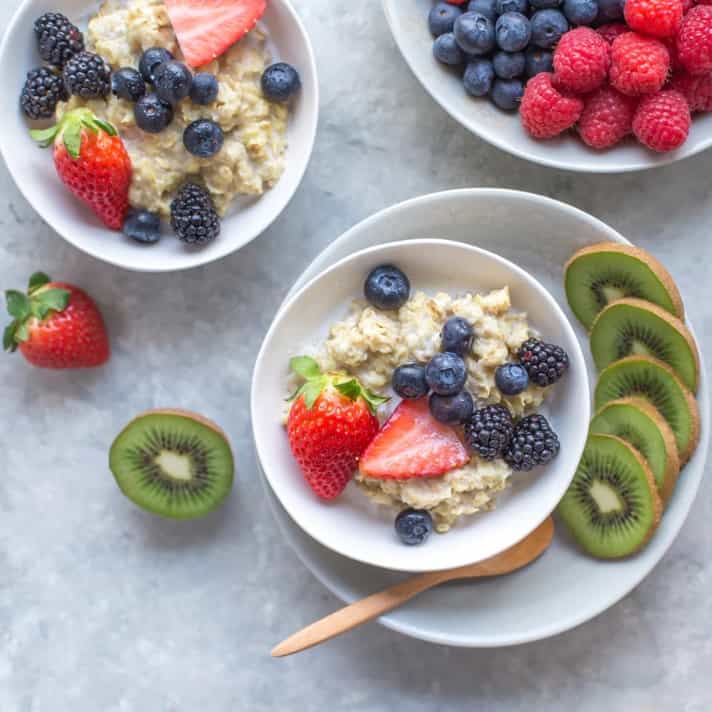[ Roughly 20% of the American population lives with some type of chronic pain, and these individuals need to understand the risk of addiction that often accompanies chronic pain.
Roughly 20% of the American population lives with some type of chronic pain, and these individuals need to understand the risk of addiction that often accompanies chronic pain.
One of the most unfortunate chronic pain facts is that many people rely on pharmaceutical treatments from their doctors, which usually include prescription opioid painkillers, the leading cause behind the current opioid crisis that has been devastating American communities for over a decade. When an individual suffers from any type of chronic pain, relying solely on painkillers is a gateway to addiction.
Individual Plans For
Managing Chronic Pain And
Avoiding Addiction
The chronic pain effects an individual experiences can make it seem like medication is the only available treatment, but there are actually several holistic, non-medical treatments an individual can perform in the safety and comfort of home for relief.
Developing a personalized chronic pain treatment plan may seem daunting at first, but the alternative of descending into addiction and going through the addiction rehab process is much worse.[/two_third][one_third_last]
Pain Management Alternatives Covered:
- Meditation And Deep Breathing
- Decrease Stress
- Exercise
- Reduce Alcohol Consumption
- Connect With People Living With Chronic Pain
- Quit Smoking
- Track Daily Activities And Pain Levels
- Decrease Migraines And Tension Headaches
- Massage Therapy
- Eat A Healthier Diet
- Distract Yourself From The Pain
Meditation And Deep Breathing
Meditation helps to relax the body and process stress in a healthy way, which can in turn diminish the symptoms of many types of chronic pain. It’s possible to learn how to meditate completely on your own, but it’s a good idea to investigate classes in your area to help you get started. Breath control is a major facet of meditation, and the early days of a new meditation regimen should focus on controlling the breath to help relax the body and reduce chronic pain symptoms.
Decrease Stress
Stress can negatively impact physical and mental health. It’s important to be able to identify stressors in your life and process them in healthy ways. Compartmentalizing or internalizing stress causes it to build and compound its negative effects. Stress reduction helps encourage a more positive outlook which in turn fosters better mental and physical health.
[clearfixspace]
Exercise
The human body produces natural painkillers called endorphins that may help reduce chronic pain symptoms. The best way to feel the positive effects endorphins offer is through regular exercise. Develop a daily chronic pain exercise routine that works for your individual health concerns. Consider experimenting with a mixture of strength training, calisthenics, and cardio-focused workouts to find an exercise routine that feels right for you and encourages endorphin release.
Reduce Alcohol Consumption
Chronic pain symptoms can easily encourage a substance abuse habit without appropriate treatment***. Alcohol is a natural sedative and can reduce pain, but it is also extremely damaging to the body in several ways. Even moderate alcohol consumption on a regular basis can be detrimental to overall health and eventually make chronic pain symptoms worse. Anyone suffering from chronic pain should work toward reducing alcohol consumption as much as possible. Alcohol not only exacerbates the symptoms of chronic pain, but it is also powerfully addictive.
[ [
[
Connect With Other People Living With Chronic Pain
It can be cathartic and inspiring to connect with others who struggle with chronic pain daily. Sharing stories and offering advice in a supportive atmosphere can be incredibly beneficial to everyone involved, so consider looking for support groups for chronic pain or community events in your area that include people with situations similar to your own.
Quit Smoking
Smoking causes a host of negative health problems that may eventually lead to new types of chronic pain or cause circulation problems that make existing conditions worse. Nicotine is powerfully addictive and can lead to the development of addictive tendencies that may influence other types of substance abuse.
Track Your Daily Activities And Pain Levels
Keeping a journal or log of your daily activities and chronic pain symptoms can help you and your doctor determine which activities may be making your symptoms worse. Tracking pain levels over time can also help identify worsening conditions sooner rather than later.
Decrease Migraines And Tension Headaches
Migraines and tension headaches are common physiological responses to stress, and it’s vital to address these conditions in healthy ways. Undergoing biofeedback testing can help an individual identify the bodily processes that may be contributing to his or her migraines and tension headaches.
Massage Therapy
Massage is incredibly beneficial for all types of musculoskeletal pain and chronic pain in the neck, shoulders, and back. Even if an individual doesn’t suffer from a musculoskeletal type of chronic pain, the soothing benefits of massage therapy can be incredibly helpful.
Eat A Healthier Diet
The foods we eat have a dramatic impact on overall wellness. Eating unhealthy foods not only makes many chronic pain symptoms worse, but also deteriorates overall health and makes it more difficult to manage chronic pain symptoms in general. A few healthy dietary changes can be tremendously beneficial for many types of chronic pain.
Related Reading:
- Why Fast Food Isn’t Your Friend In The First Few Months Of Addiction Treatment
Distract Yourself From The Pain
Focusing on chronic pain makes it more difficult to ignore the symptoms, so try to find new ways to spend your energy or investigate new activities that may help distract you from your chronic pain symptoms.
Handling Chronic Pain At Bright Future Recovery
During drug rehab, a patient learns to manage the stressors, triggers, and symptoms of addiction. Treating chronic pain is similar because it’s crucial to identify the sources of pain and the things that make pain worse. Unless an individual with chronic pain develops a functional and healthy treatment plan for his or her symptoms, he or she may wind up in a drug rehab center, contending with both the symptoms of chronic pain and addiction.
Bright Future Recovery is a beautiful addiction rehab center that offers a wide range of holistic therapy programs meant to help our patients overcome addiction, and these therapies can also be very beneficial for the symptoms of chronic pain. If you or a loved one struggle with any type of chronic pain, start thinking of natural, healthy ways to manage symptoms and remain cautious when it comes to any type of potentially addictive medications.







